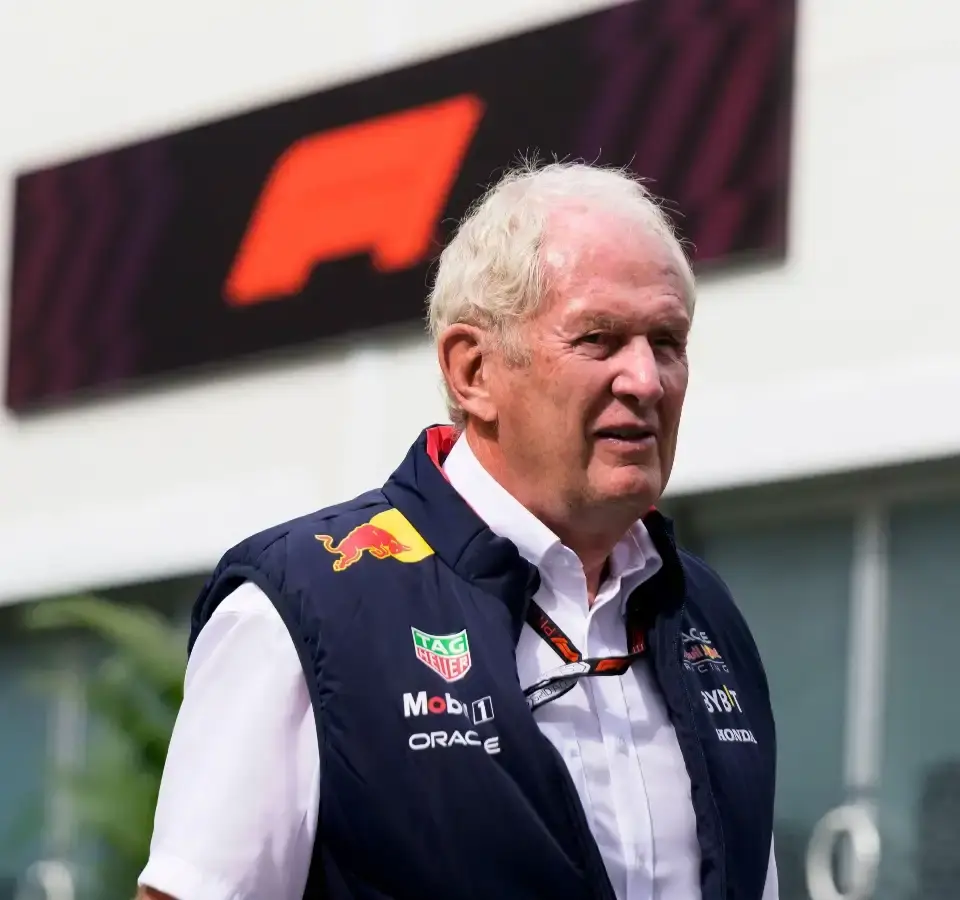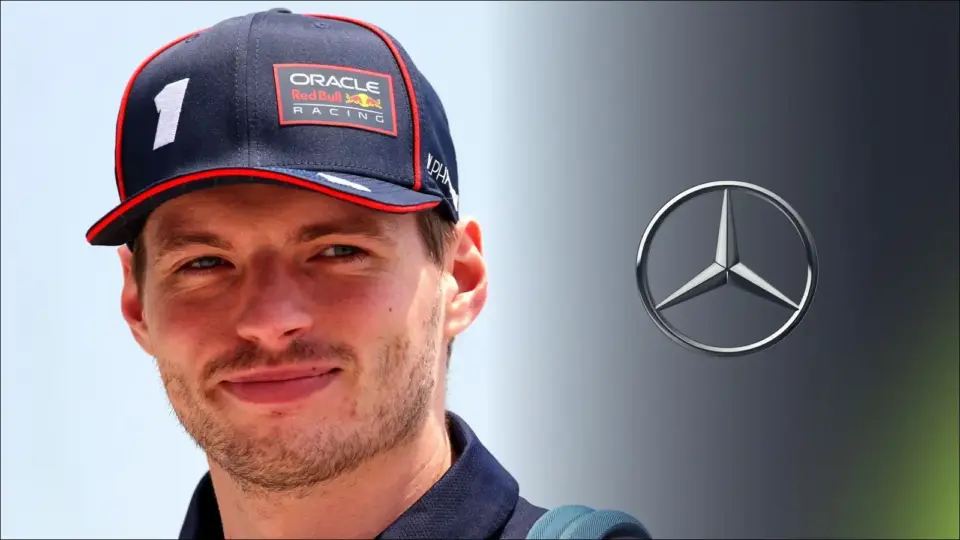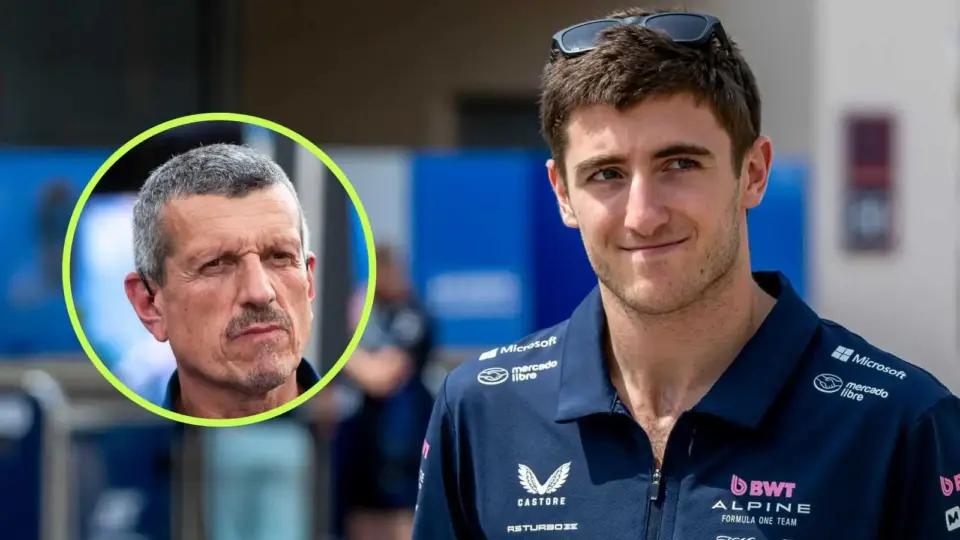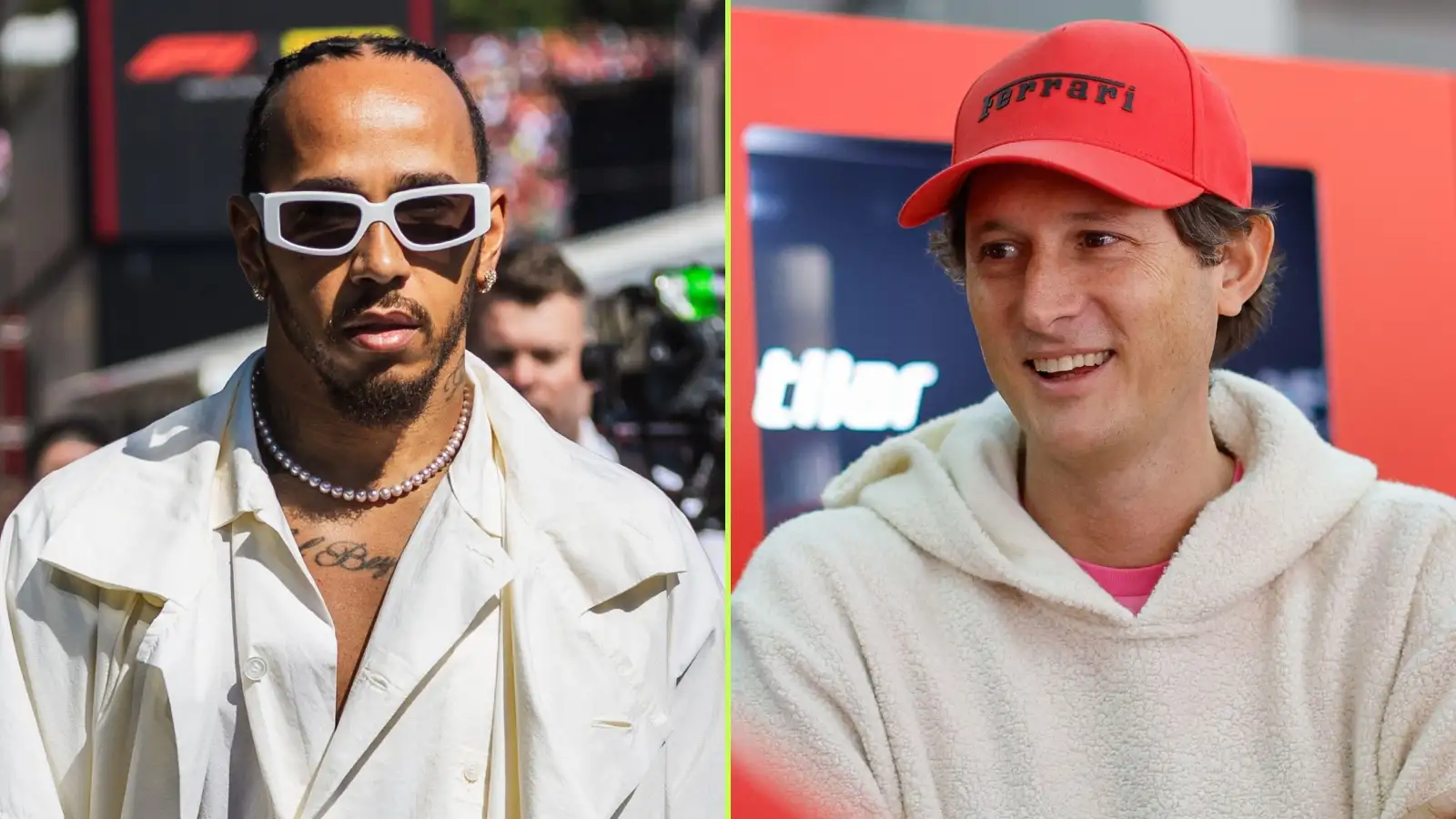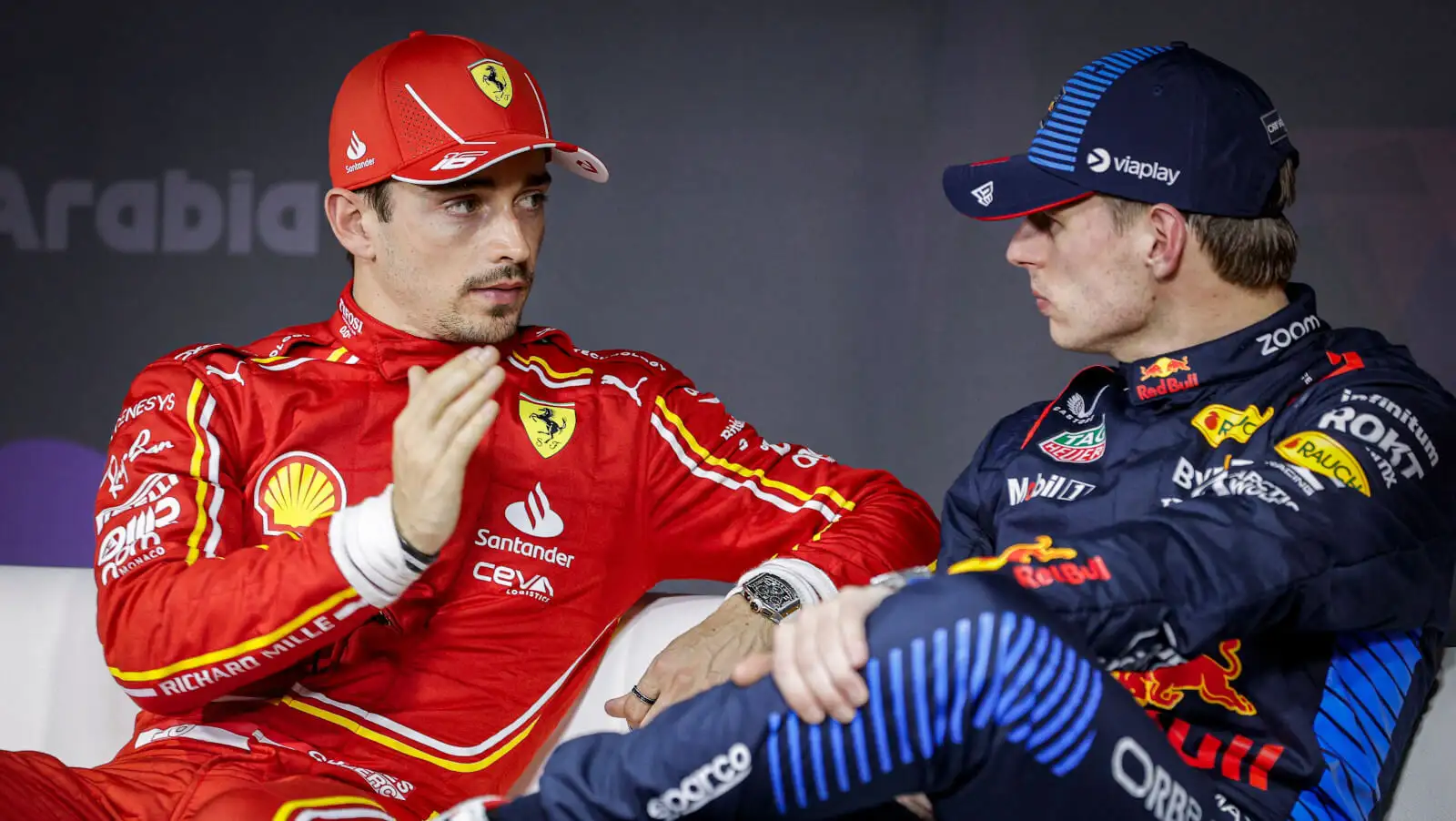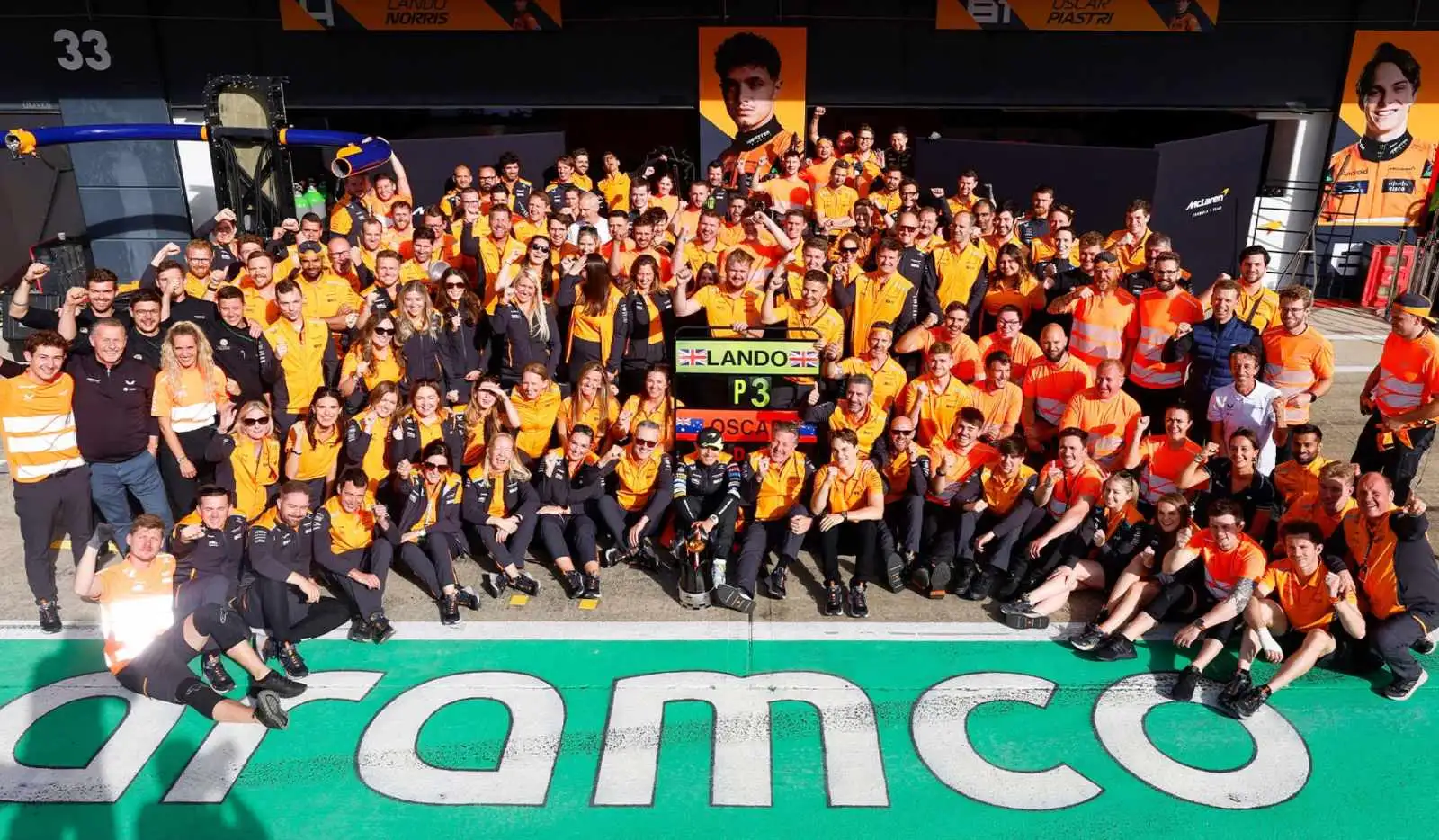In the midst of financial strains within the European automotive industry, questions arise about Mercedes and Audi’s F1 future, yet Helmut Marko remains optimistic.
- Marko highlights the profitable nature of F1 under the recent budget cap and dismisses fears regarding Mercedes and Audi’s withdrawal.
- The imminent 2026 regulatory changes in Formula 1 promise exciting shifts with new engine rules and focused sustainability efforts.
- Ford and Cadillac’s plans for F1 in 2026 bring fresh dynamics with a mix of optimistic outlooks and logistical challenges.
- Marko offers insights into the expanding F1 fanbase and the diverse sponsorship landscape, suggesting a thriving future for the sport.
Despite financial difficulties faced by European car manufacturers, Helmut Marko, a senior advisor with Red Bull, believes that Mercedes and Audi are unlikely to exit Formula 1. He points to the budget cap introduced in 2021 as a turning point that has turned Formula 1 into a profitable endeavor. According to Marko, teams no longer hemorrhage money, making the sport financially sustainable. ‘The economic situation is currently incredibly difficult, but the budget cap means that a Formula 1 team has become a business case and is profitable,’ Marko shared with Kleine Zeitung.
The upcoming 2026 regulation changes are set to shake up the F1 grid. With cars to be lighter and powered by a blend of sustainable biofuels and electrical power, teams like Mercedes aim to replicate past successes. Audi is also gearing up for the changes, planning to convert Sauber into its works team. Marko reassured skeptics that these changes, while significant, are unlikely to deter Mercedes or Audi from the F1 circuit.
Looking towards the future, Ford and Cadillac are preparing to enter the F1 arena in 2026. Ford is rejoining in partnership with Red Bull, while Cadillac, under General Motors, will start with Ferrari-powered engines. Marko expressed his excitement about Cadillac’s entry and the anticipated benefits of their involvement, though he noted potential operational challenges due to geographical locations.
Marko also commented on the evolving landscape of F1 fandom and sponsorship. He noted an increase in the popularity of the sport, with more women becoming fans. Moreover, sponsors are now emerging from diverse sectors beyond the traditional automotive industries. This diversification, along with a packed race calendar, suggests a robust and growing interest in the sport.
Helmut Marko’s insights underscore a promising future for Mercedes, Audi, and new entrants in a rapidly evolving Formula 1 landscape.
